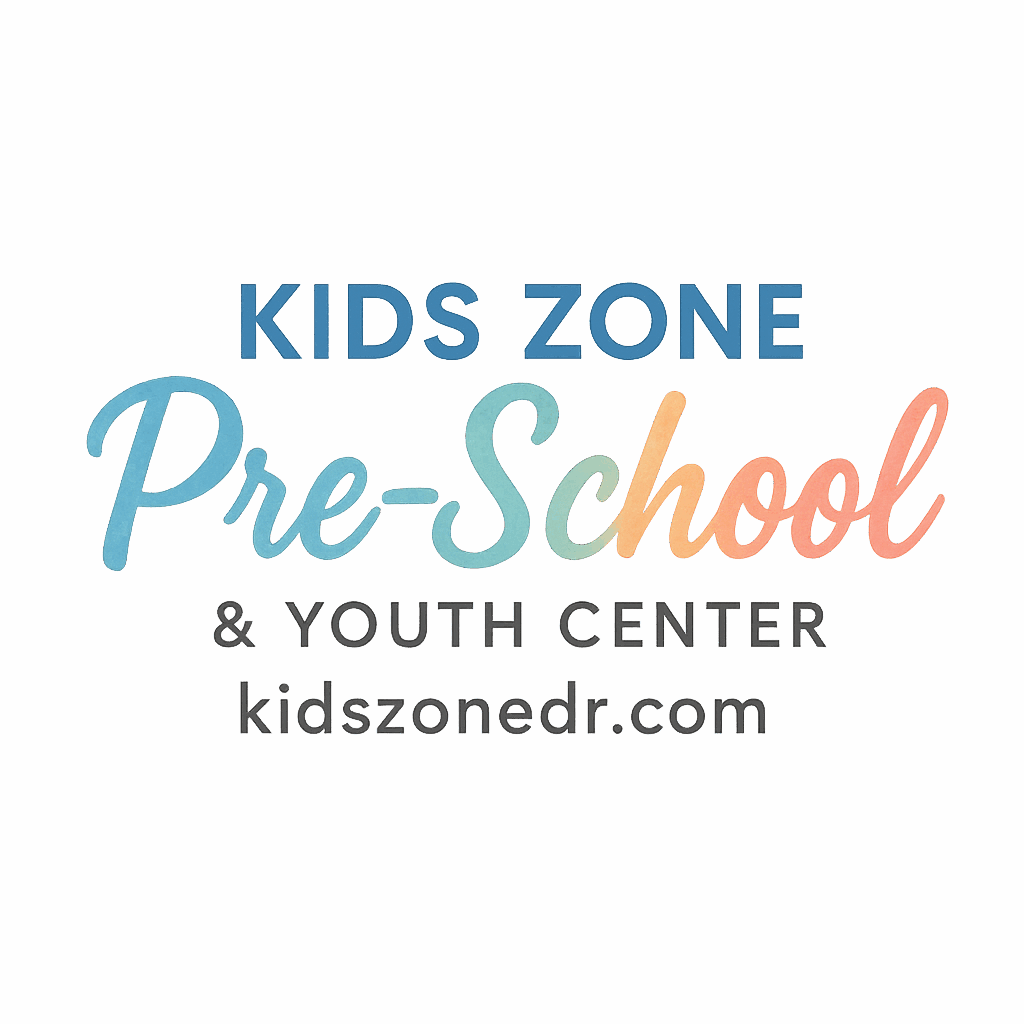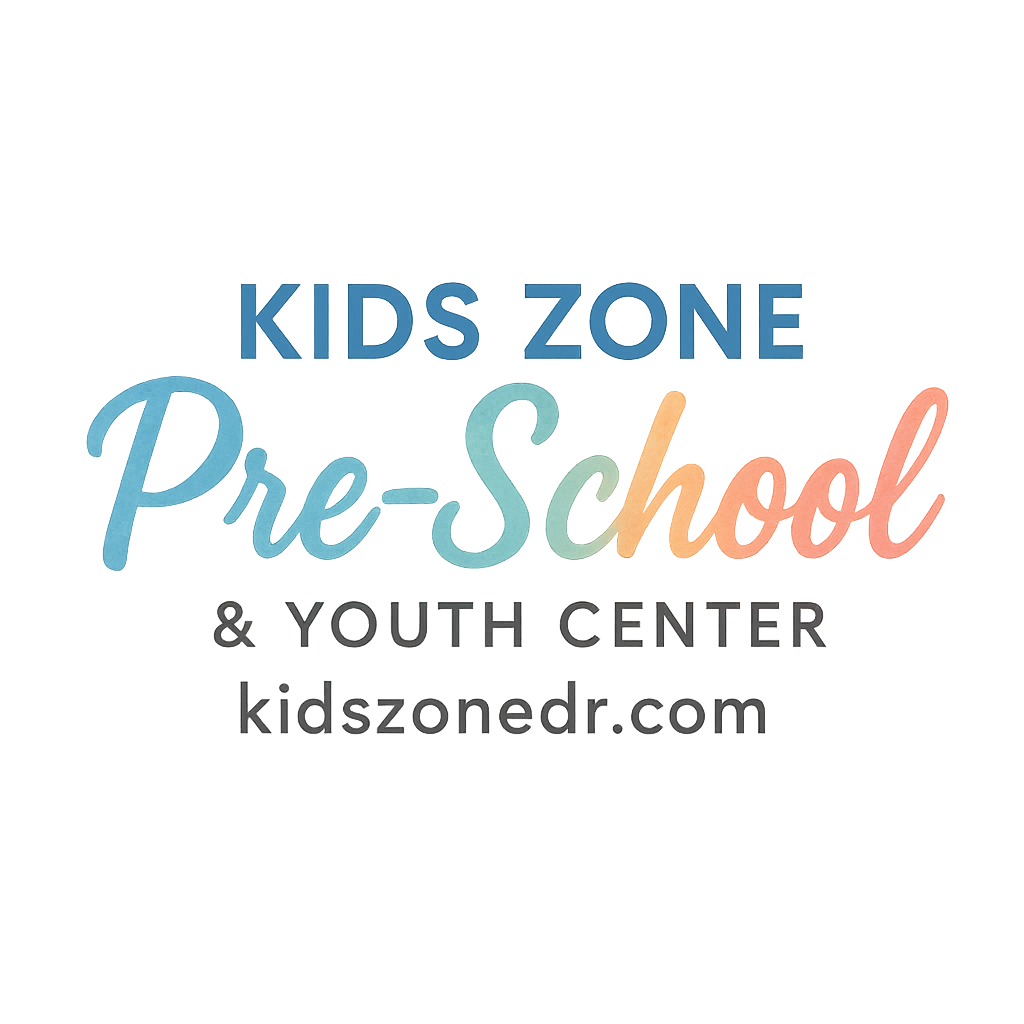Introduction: Understanding Cognitive Skills in Preschoolers
Preschool is an essential phase in a child’s development, laying the groundwork for future learning and growth. During this time, children’s brains are highly active, making it a key period for developing cognitive skills. Cognitive skills are the mental abilities that allow children to process information, recall memories, solve problems, and communicate. Preschool provides a unique environment where these skills are nurtured through engaging activities, peer interactions, and structured learning. Let’s explore the 6 cognitive skills developed during the preschool years, and understand how they set the stage for success in later life.
Why Cognitive Skills Matter in Early Childhood Development
The preschool years, typically ages 3 to 5, are when children undergo rapid brain development. This phase is crucial as cognitive skills shape a child’s ability to learn new concepts, follow instructions, and interact with the world. Skills such as memory, problem-solving, language, and attention are key to laying the foundation for future academic and social success. The preschool environment is structured to help children enhance these skills through hands-on learning and playful activities.
The Role of Preschool in Developing Cognitive Skills
In the preschool setting, children engage in various activities that promote cognitive development. Whether it’s preschool learning and development through educational games or learning through socialization with peers, the classroom environment fosters critical thinking, language development, and emotional regulation. Teachers use specific activities to stimulate cognitive abilities, ensuring children develop a well-rounded skill set.
What Are Cognitive Skills?
Cognitive skills are the mental processes that allow children to gather information, learn from experiences, and apply knowledge. These skills are crucial for success not only in preschool but throughout life. By fostering these abilities early on, children are better prepared for school and future learning.
Types of Cognitive Skills
Cognitive skills can be categorized into the following:
- Memory: The ability to retain and recall information.
- Language skills: Understanding and using language effectively.
- Attention and focus: Concentrating on tasks and following instructions.
- Problem-solving: Identifying solutions to challenges.
- Executive functioning: Planning, organizing, and controlling impulses.
- Cognitive flexibility: Adjusting thinking based on new information.
Each of these skills is vital for preschoolers as they begin to process and understand the world around them.
1. Language Development: Building Communication Foundations
Language development is one of the most significant cognitive milestones during the preschool years. Language skills form the basis for reading, writing, and communication throughout life. At preschool, children are exposed to a wide variety of vocabulary, sentence structures, and communication techniques that help them express their thoughts and feelings effectively.
Early Language Skills: Vocabulary, Speech, and Pronunciation
Preschoolers typically experience rapid vocabulary expansion. At age 3, children may know a few hundred words, and by age 5, they can know over 2,000! Preschool learning and development activities, such as singing songs, reading books, and having conversations, help children absorb and use new words in context.
The Role of Preschool Teachers in Language Growth
Preschool teachers play a crucial role in language development. Through guided conversations, storytelling, and interactive activities, they encourage children to build their vocabulary, improve pronunciation, and develop strong communication skills. This process is essential for social interactions and academic success in the future.
2. Memory Skills: Strengthening Short-Term and Long-Term Recall
Memory is one of the core cognitive skills children develop during preschool. Memory allows children to recall previously learned information, which is essential for daily life and learning new things.
How Memory Develops in Preschoolers
Preschoolers develop both short-term and long-term memory. For instance, they might memorize a short story or remember the steps of a simple activity. Teachers help foster memory development by using repetition, storytelling, and activities that involve recalling information learned earlier.
Activities That Help Improve Memory in Preschool
Games like memory matching and puzzles, as well as activities like repetition in songs or rhymes, enhance children’s memory retention. Daily routines also help children practice memory recall as they begin to anticipate and remember what comes next in their day.
3. Problem-Solving Skills: Encouraging Logical Thinking
Problem-solving skills enable preschoolers to think critically and navigate challenges. During this period, children begin to engage with complex tasks that require logical reasoning and creativity.
How Preschool Stimulates Problem-Solving Abilities
In preschool, children are often faced with problems that require them to find solutions. Whether it’s solving a puzzle, fixing a toy, or figuring out how to complete an art project, these activities promote the development of critical thinking and problem-solving skills. Teachers support this by offering problem-solving opportunities that stimulate curiosity.
Fun Activities to Boost Problem-Solving in Preschoolers
Preschools encourage problem-solving through hands-on activities, such as building blocks, puzzles, or games like Simon says and memory card games. These activities stimulate cognitive flexibility and help children experiment with various solutions in a fun, supportive environment.

4. Attention and Focus: The Foundation for Learning
Attention and focus are critical skills for preschoolers, as they lay the foundation for all future learning. These skills help children stay engaged in tasks, follow instructions, and participate in group activities.
Why Attention Skills Matter in Preschool Development
Strong attention skills enable preschoolers to process information, learn new concepts, and complete tasks. Without the ability to focus, it’s difficult for children to engage in academic activities or follow daily routines. Attention and focus also contribute to better behavior management.
Simple Exercises to Enhance Attention and Focus in Young Children
Simple attention-building games, such as listening to a story and following along with the teacher, help children improve their focus. Interactive activities that require taking turns, waiting patiently, or completing a task in sequence also boost concentration and attentiveness.
5. Executive Functioning: Planning, Organizing, and Self-Control
Executive functioning is a collection of cognitive skills that enable children to plan, organize, control impulses, and manage tasks. These skills are essential for lifelong success in school and beyond.
What is Executive Functioning?
Executive functioning includes skills like working memory, cognitive flexibility, and inhibitory control (self-control). At preschool, children begin to understand how to plan activities, organize their belongings, and manage emotions.
How Executive Functioning Develops in Preschool Years
Preschoolers develop executive functioning skills as they participate in structured routines and practice following directions. Simple activities, such as clean-up time or group projects, help children practice planning, organizing, and completing tasks.
6. Cognitive Flexibility: Adapting to New Situations
Cognitive flexibility is the ability to adapt to new information and change. During preschool, children are exposed to a variety of situations and experiences that require them to shift their thinking.
How Preschool Encourages Cognitive Flexibility
Preschool activities like role-playing, interactive games, and changing daily routines encourage children to adapt to new information and tasks. The flexibility to adjust to new rules, perspectives, or ideas is key for long-term success.
Activities That Support Cognitive Flexibility Development
Pretend play, where children act out different roles, helps enhance cognitive flexibility. Additionally, activities that encourage shifting tasks, such as switching between different stations or activities, help children become more adaptable in dynamic environments.
The Importance of a Preschool Environment in Cognitive Development
The preschool environment plays a vital role in shaping cognitive skills. A well-organized and stimulating environment encourages children to engage with learning materials, practice cognitive skills, and interact with peers.
How a Well-Structured Preschool Promotes Cognitive Growth
Preschools that offer a balance of structured learning and free play provide opportunities for children to develop a wide range of cognitive abilities. The daily routines, teacher-led activities, and social interactions foster an environment where cognitive skills can thrive.
Conclusion: Encouraging Cognitive Development Beyond Preschool
The cognitive skills developed during the preschool years are essential for future academic success and personal growth. By providing enriching environments at home and school, we can support children’s cognitive development, ensuring they are well-prepared for the challenges of kindergarten and beyond.
FAQs
How can I help my child develop cognitive skills at home?
You can enhance your child’s cognitive skills by engaging them in educational games, reading, and activities that encourage problem-solving, memory recall, and language development. For ideas on activities and routines, check out our articles on daily routines and activities and parental guidance and involvement.
At what age do cognitive skills start developing?
Cognitive skills begin developing from birth and evolve through the preschool years. However, significant growth occurs around ages 3 to 5, when children are exposed to structured learning environments.
How do cognitive skills impact my child’s academic success?
Cognitive skills such as attention, memory, and problem-solving are critical for academic learning. They help children process and retain information, follow instructions, and engage in classroom activities.
Can cognitive skills be improved after preschool?
Yes, cognitive skills continue to develop throughout childhood. Early interventions and consistent engagement in stimulating activities at home and school can further strengthen these skills.
What role do parents play in developing cognitive skills?
Parents are essential in fostering cognitive development. By providing engaging learning activities and maintaining a positive, supportive environment, parents can help their child build strong cognitive skills.
How does preschool prepare children for kindergarten?
Preschool prepares children for kindergarten by helping them develop essential cognitive skills, including attention, memory, and problem-solving. It also introduces them to early academic concepts, making the transition to formal schooling smoother.
What cognitive skills should a preschooler have by age 5?
By age 5, a preschooler should have basic language skills, memory recall, attention span, and problem-solving abilities. They should also exhibit early executive functioning skills, such as planning and self-control.


